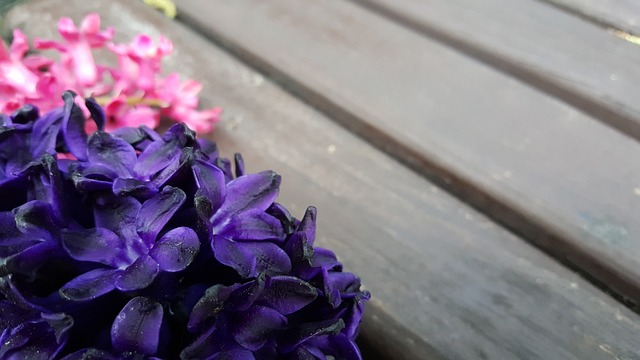bicho de pé no dedo 🎬 Bicho de Pé: A Triumph Over a Tiny Adversary

Bicho de Pé: A Triumph Over a Tiny Adversarybicho de pé no dedo

In the realm of public health, certain afflictions emerge as silent adversaries, often overlooked yet capable of causing significant distress and disruption to daily life. Among these, the bicho de pé, or jigger flea, stands out as a peculiar yet formidable foe, particularly in tropical regions. This minuscule insect, which burrows into the skin—most commonly in the toes—has become emblematic of the broader struggles faced by communities in combating neglected tropical diseases. However, recent advancements in awareness, prevention, and treatment are paving the way for a brighter future, transforming this once-dreaded condition from a source of shame to a narrative of resilience and achievement.bicho de pé no dedo
The bicho de pé, scientifically known as Tunga penetrans, is notorious for its life cycle that begins with the female flea burrowing into the skin of its host, where it lays eggs, causing intense itching, inflammation, and pain. Initially, this infestation may seem an isolated incident, but if left untreated, it can lead to severe complications, including secondary infections and, in extreme cases, loss of digits. The impact of this condition extends beyond the physical; it can hinder individuals’ ability to work, attend school, and engage in social activities, leading to economic and emotional repercussions for entire communities.
Historically, the presence of bicho de pé has been associated with poverty and inadequate living conditions. Communities in rural areas, where access to healthcare and sanitation is limited, have borne the brunt of this affliction. Yet, as awareness grows, so too does the determination to confront this challenge head-on. Local health initiatives, bolstered by non-governmental organizations and international bodies, have begun to prioritize education on hygiene, preventive measures, and the importance of seeking prompt treatment.bicho de pé no dedo
One of the most significant strides made in the fight against bicho de pé is the implementation of community outreach programs aimed at educating the public about the flea's life cycle and prevention strategies. By promoting better hygiene practices and encouraging regular foot inspections, these programs equip individuals with the knowledge to protect themselves and their families. Through workshops, informational pamphlets, and grassroots campaigns, communities are becoming empowered to take charge of their health.bicho de pé no dedo
Moreover, advancements in treatment options have significantly improved outcomes for those afflicted. Medical professionals are increasingly equipped with the tools necessary to remove the flea safely and effectively, minimizing discomfort and reducing the likelihood of complications. The emphasis on timely intervention has shifted the narrative surrounding bicho de pé, transforming it from a debilitating condition into a manageable health issue, one that can be addressed with the right resources and support.
The collaborative efforts between local health authorities, NGOs, and community leaders have also fostered a sense of solidarity and shared purpose. By uniting to combat this shared enemy, communities are not only improving their health outcomes but are also strengthening social bonds and fostering resilience. The triumph over bicho de pé serves as a testament to the power of collective action and the impact of education in overcoming health challenges.bicho de pé no dedo
As the tide turns against this tiny adversary, success stories are emerging from the very communities once plagued by this affliction. Individuals who once faced the debilitating effects of bicho de pé are now reclaiming their lives, returning to work, school, and social engagement with newfound vigor. These personal victories are not just milestones for those directly affected; they symbolize a broader movement towards health equity and empowerment.bicho de pé no dedo

Furthermore, the success in addressing bicho de pé has implications that extend beyond the immediate health concerns. By highlighting the importance of preventive healthcare and community engagement, this movement is laying the groundwork for tackling other neglected tropical diseases. The lessons learned and the strategies developed in the fight against bicho de pé can serve as a blueprint for addressing similar health issues in the future.
In conclusion, the battle against bicho de pé exemplifies the resilience of communities in the face of adversity. Through education, collaboration, and innovative treatment approaches, what was once a source of shame and suffering is being transformed into a narrative of empowerment and achievement. As awareness spreads and resources become more accessible, the triumph over this tiny foe signals a promising future, where health is not a privilege but a fundamental right for all. The journey is far from over, but the progress made thus far stands as a powerful reminder of what can be accomplished when communities unite in pursuit of a common goal.bicho de pé no dedo
Fale conosco. Envie dúvidas, críticas ou sugestões para a nossa equipe através dos contatos abaixo:
Telefone: 0086-10-8805-0795
Email: portuguese@9099.com


